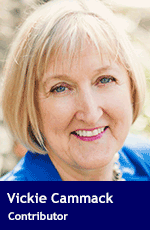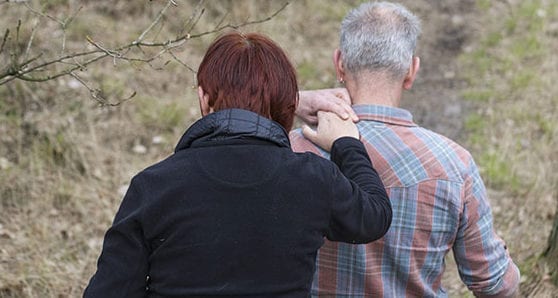 There’s much to celebrate in Canada. Our country’s natural beauty and abundant resources give us many reasons for gratitude and celebration. But there’s an invisible resource that underpins our collective prosperity that deserves special mention: the caring people of Canada.
There’s much to celebrate in Canada. Our country’s natural beauty and abundant resources give us many reasons for gratitude and celebration. But there’s an invisible resource that underpins our collective prosperity that deserves special mention: the caring people of Canada.
Every day, their natural caring actions touch almost every one of us.
According to the most recent Statistic Canada General Social Survey, 82 per cent of Canadians over age 15 reported helping people directly. That’s almost twice as many as those who formally volunteer. Helping people directly means caring for one another freely and naturally without the involvement of an organization or a group.
The survey reveals that eight in 10 of us helped extended family members, neighbours, colleagues and even strangers with things like making meals, picking up prescriptions, doing household repairs, mowing lawns, driving to appointments, completing paperwork and so on. And 31 per cent of us did so on a weekly basis.
While men tend to do more household maintenance and women more personal care, Canadian women and men are equally likely to help others directly.
And whether we were born in or outside Canada, our rates of caring for others are almost identical.
The intergenerational findings are also heartening. A whopping 91 per cent of 15-to-19-year-olds reported they had helped someone outside the home and 55 per cent of Canadians over 75 (who are, after all, most likely to be the recipients of care themselves) were providing some type of direct help to others.
Caring is in our DNA. Long before we were a country, like the forests, water and cold, it was here. Thanks to Canada’s original inhabitants, the early European settlers survived. The indigenous peoples of Canada welcomed, mentored and directly cared for many of them. And over the course of the last 150 years, we have often had to care for one another through the bitter of winter or during natural disasters.
But our innate call to care goes beyond an emergency response. We were the first country in the world to establish a private citizen refugee sponsorship program. From Charlottetown to Iqaluit and Goose Bay, hundreds of thousands of refugees have been welcomed. This program has millions of ordinary Canadians demonstrating their caring nature. By running errands, providing housing, finding schools, preparing meals, giving music lessons and countless other everyday acts of kindness, they’re showing soon-to-be-Canadians what we’re made of.
Certainly, we’re far from perfect. There are many historical and current situations that demonstrate other facets of our nature. But we can’t deny that we’re a country with a caring majority, a country where almost every citizen freely and naturally cares for friends, family members, neighbours and co-workers who are elderly, sick, disabled or down on their luck.
There’s an odd and perhaps uniquely Canadian thing about our caring. We hide it under a bushel basket. Very few of us actually identify as caregivers. We don’t see caring as a role, just as the stuff of everyday life. We see ourselves as ordinary people doing what comes naturally.
Canada may be known as the great frozen north but it’s the warmth of the caring found in the majority that distinguishes and nourishes us. That’s something worth celebrating.
Vickie is a Troy Media Thought Leader. Why aren’t you?
The views, opinions and positions expressed by columnists and contributors are the author’s alone. They do not inherently or expressly reflect the views, opinions and/or positions of our publication.
An aging Canadian population and smaller families, combined with reduced health and social care budgets, mean the challenges of providing care to seniors will only worsen. Legions of families are buckling under the emotional, physical and fiscal burdens of caregiving. These pressures will be exacerbated by growing numbers of people living with demanding health challenges such as dementia, with fewer and fewer people to take care of them. The natural web of caring that so many of us take for granted is at risk of unravelling. Troy Media’s Family Ties examines the issues facing caregivers and the health-care system in general and seeks solutions. If you have a story to tell, contact us at [email protected]. We would love to hear from you.
